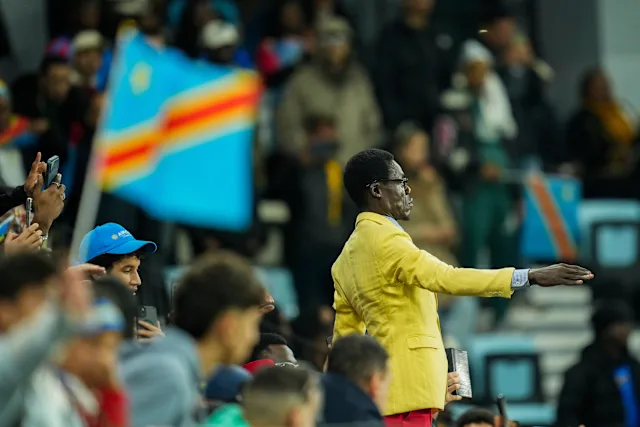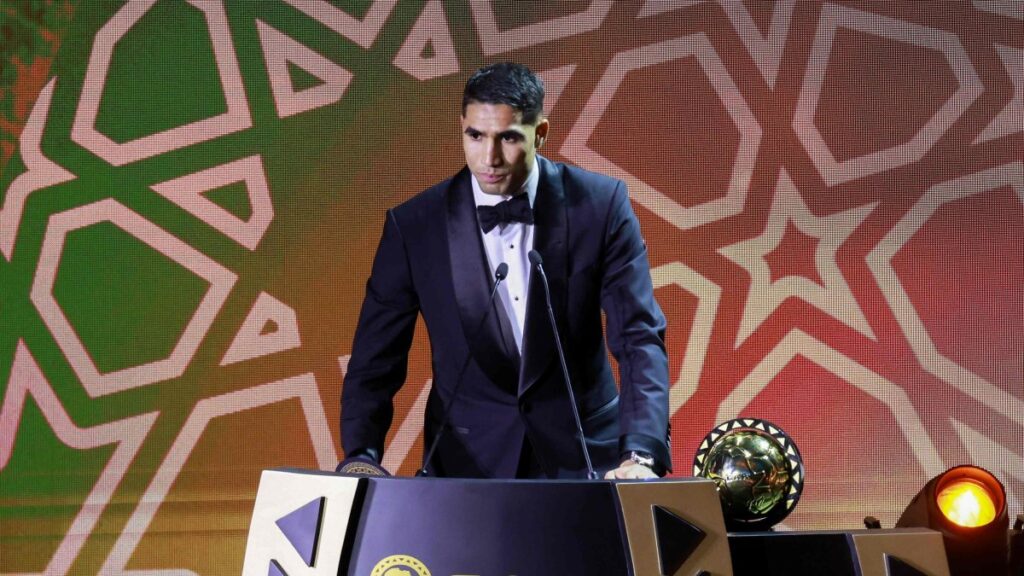
Equatorial Guinea has been hit with another blow to their World Cup qualifying campaign after FIFA ruled that star player Emilio Nsue was ineligible to play in their opening two matches.
This marks the second time Nsue’s eligibility has been questioned by FIFA, adding to a string of similar cases involving the country’s national teams.
Nsue, who was the top scorer at the recent Africa Cup of Nations (AFCON), scored the winning goal in both victories against Namibia and Liberia.
However, FIFA’s disciplinary committee has now awarded those games as 3-0 defeats for Equatorial Guinea, dropping them to last place in their qualifying group.
The specific reason for Nsue’s ineligibility remains undisclosed, but FIFA confirmed that he did not meet their criteria for representing Equatorial Guinea.
FIFA allows players to switch nationalities based on ancestry or residency, but Nsue apparently did not qualify under these rules.
This decision adds another layer of controversy to Nsue’s international career.
Notably, CAF, the governing body for African football, permitted him to play in the AFCON. This highlights the lack of uniformity between FIFA and continental confederations regarding player eligibility.
The ruling comes with significant consequences for Equatorial Guinea. Their World Cup qualifying hopes are now slim, with only the group winner progressing to the 2026 tournament in North America.
Additionally, FIFA has fined the country’s football federation and banned Nsue from international competition for six months.
This incident is not an isolated one. Equatorial Guinea has faced previous sanctions from FIFA for fielding ineligible players, including the disqualification of their women’s teams from major tournaments.
The country’s strategy of naturalizing foreign players, particularly from Brazil, has drawn criticism and accusations that they are exploiting loopholes in eligibility rules.
While CAF has also taken action against Equatorial Guinea for similar offenses, the recent inclusion of Nsue in the AFCON Best XI and his Golden Boot award raise questions about inconsistencies between continental and international football governing bodies.
The situation underscores the complexities of player eligibility in international football and the potential for inconsistencies between governing bodies.
As Equatorial Guinea grapples with the consequences of this latest ruling, it also shines a light on the ongoing debate surrounding player naturalization strategies.




